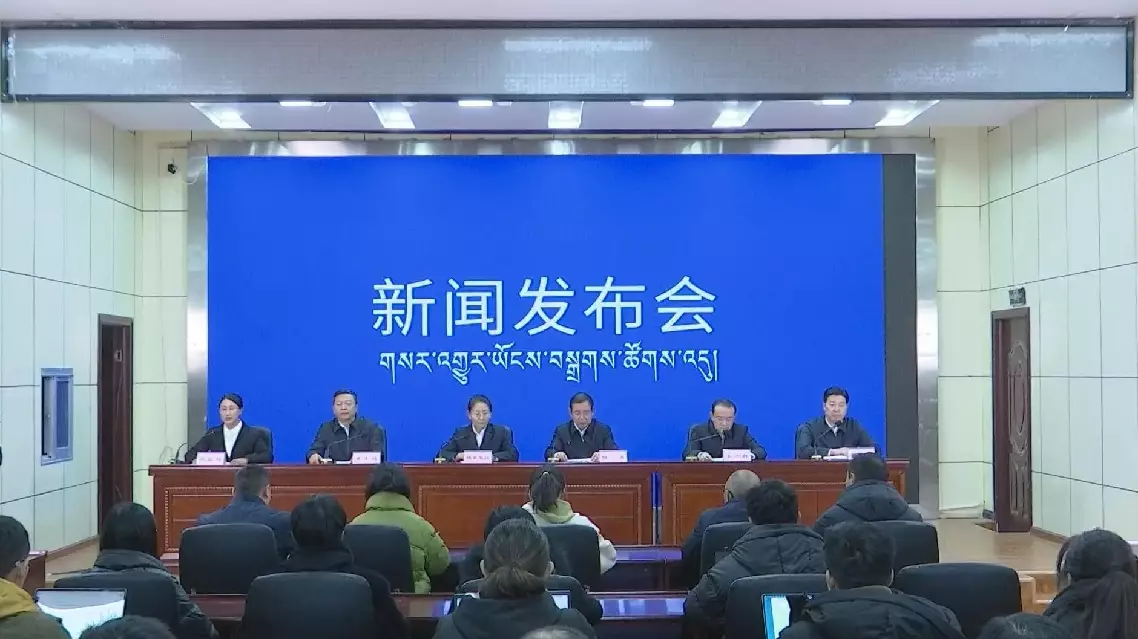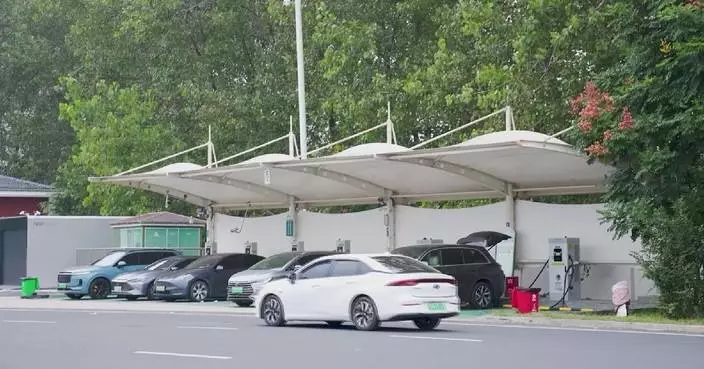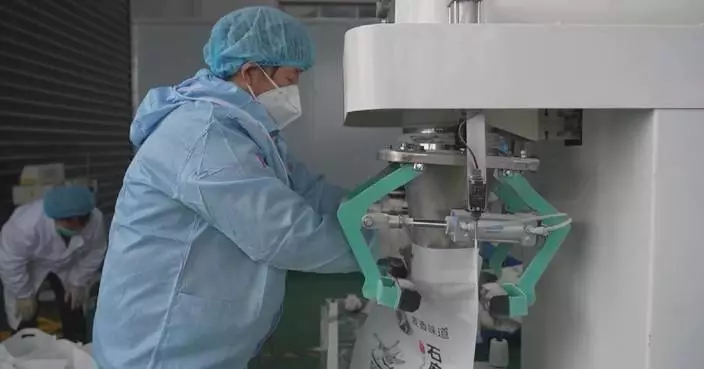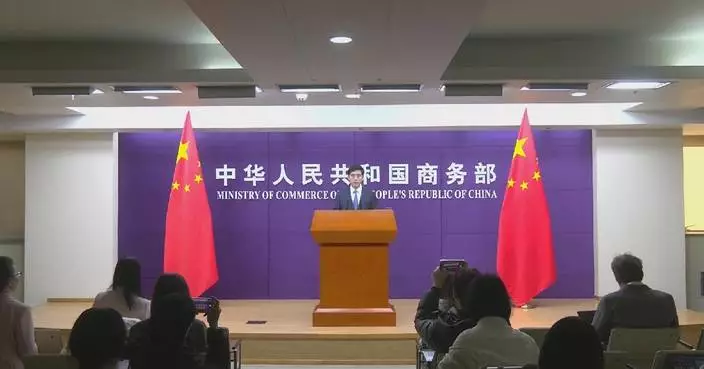It will be a must-do for Chinese automakers to operate on an international scale as the country's globally leading production capacity continues to grow, said exhibitors at the ongoing 22nd Guangzhou International Automobile Exhibition that runs from November 15 to 24 in Guangzhou City, south China's Guangdong Province.
With a month and a half left in the year, China's annual output of new-energy vehicles has already surpassed the 10-million mark as of Thursday, making it the first country to achieve this milestone, according to data from industry group China Association of Automobile Manufacturers (CAAM).
China became the world's largest auto exporter in 2023 and is expected to secure the position this year. In the first 10 months of the year, the country exported 4.855 million cars, up 23.8 year on year.
However, many exhibitors at the auto show have noted that it's not sustainable for Chinese automakers to rely solely on exports. They are now also investing and building factories overseas, while developing logistics, finance and after-sales services businesses and building supply chains in some countries.
"Our plant in Thailand has begun operation. The plants in Indonesia and Malaysia will start operation next year. In the meantime, we are also making arrangements in Europe and North America," said Gu Huinan, general manager of GAC Aion New Energy Automobile Company.
While continuing to deepen their overseas strategies, Chinese automakers have also attached importance to the protection of intellectual property.
"BYD has always attached great importance to technological innovation and intellectual property protection. To date, we have applied for more than 57,000 patents in China and more than 12,000 patents overseas," said Zhao Jie, senior manager of Intellectual Property Department of BYD.
Earlier this month, the State Administration for Market Regulation, China's top market regulator, issued guidelines for strengthening regulations on antitrust behaviors pertaining to standard essential patents.
With rules clearly laid out, the guidelines will help promote fair market competition and protect the driving forces of industrial innovation and development, according to the administration.
"The guidelines have filled the institutional gap in China's supervision of standard essential patents and provided a clear legal basis. In the future, automakers should actively strengthen international intellectual property cooperation and demonstrate the technological innovation capabilities of China's automobile industry in global competition," said Wang Junlei, chief expert of the China Automotive Technology and Research Center.
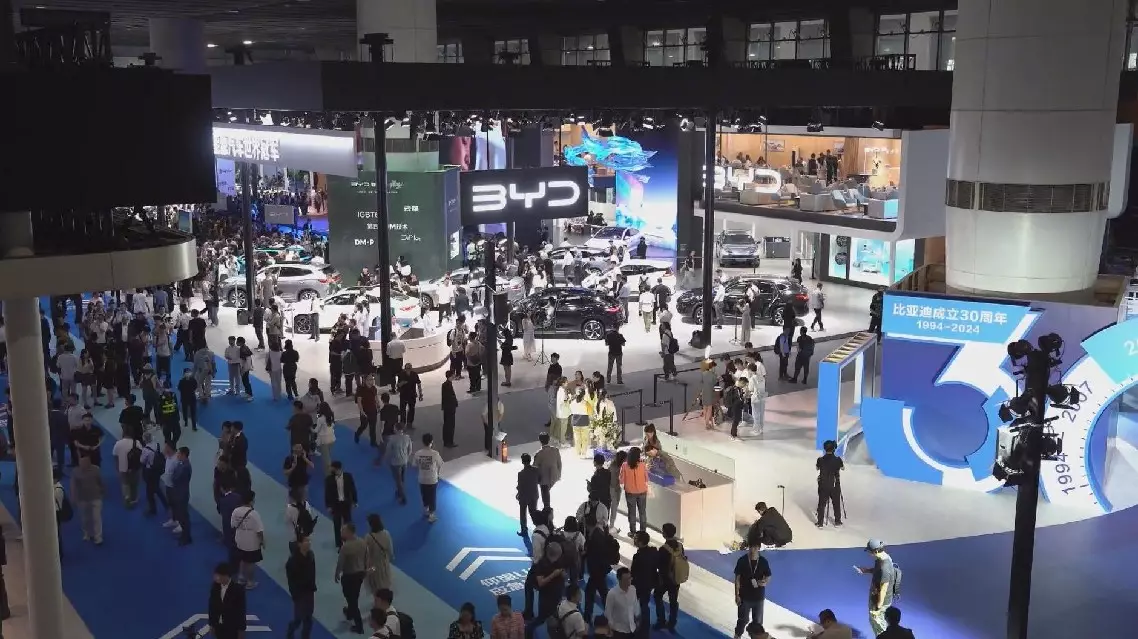
Going global a must-do for Chinese automakers amid growing production capacity


